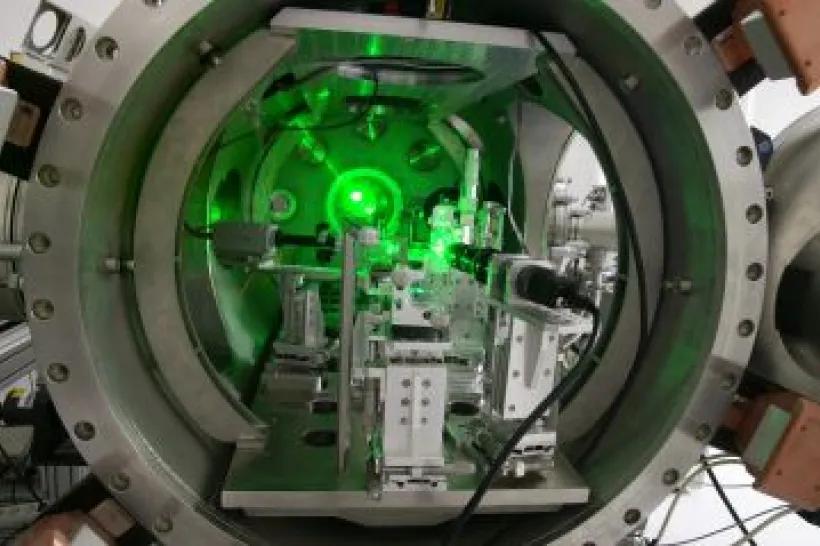From brain drain to brain gain: The first three Dioscuri Centres open in the Czech Republic
May 1st 2024 marked the 20th anniversary of the Czech Republic joining the European Union (EU). The past 20 years have profoundly changed the Czech research landscape, German-Czech research cooperation and the European Research Area. “Science has greatly benefitted from the possibilities that Europe offers during the last decades. Mobility is a striking example, funding opportunities are another,” says Max Planck President Patrick Cramer at the opening ceremony for the first three Dioscuri Centres in the Czech Republic on 17 May 2024.








